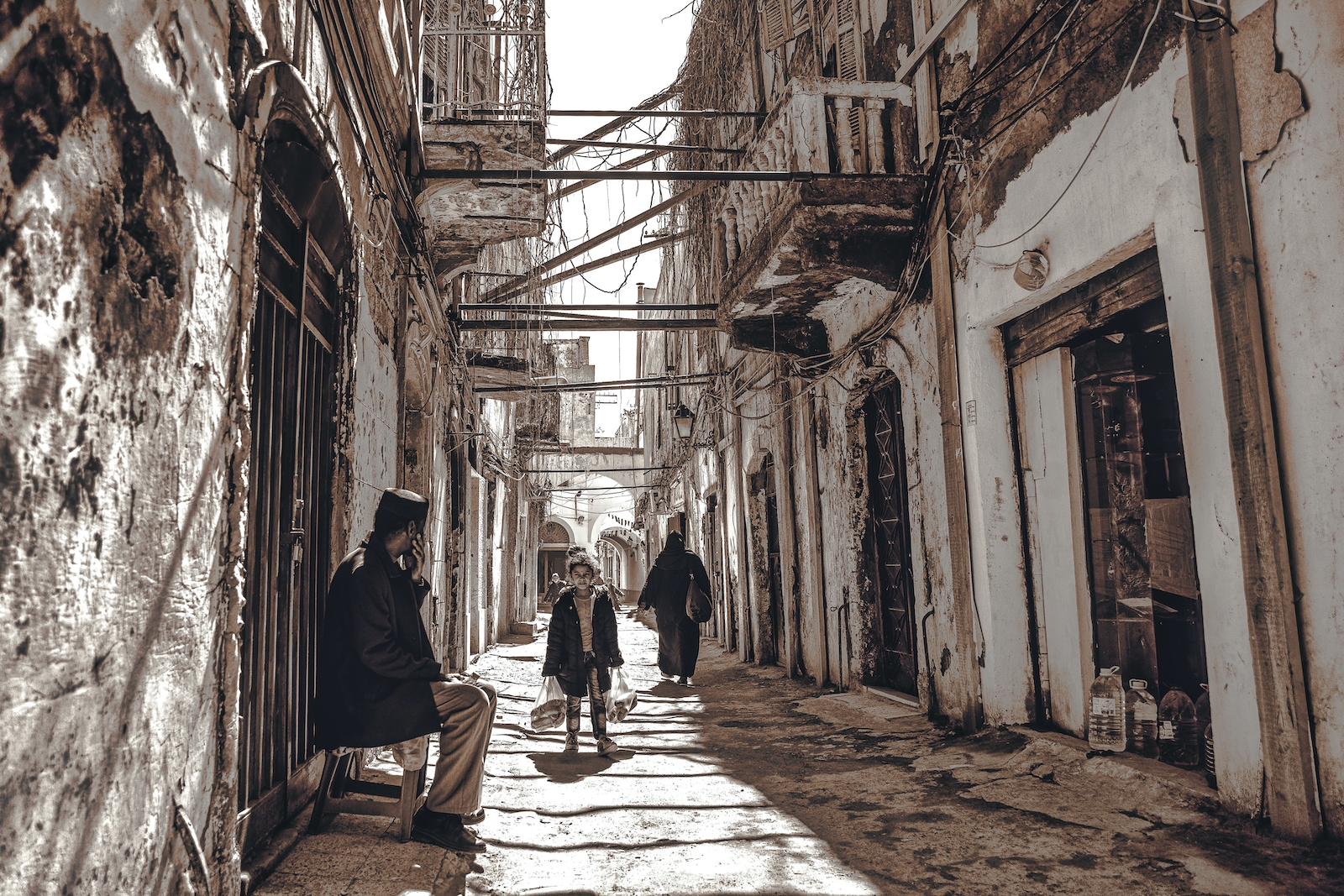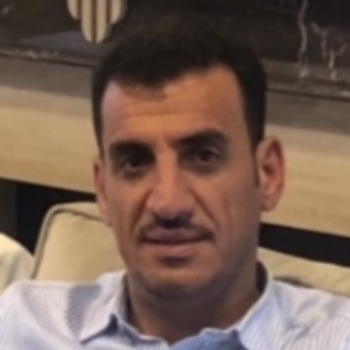
Unity Under a Constitution Should Precede any Elections in Libya
UN special adviser Stephanie Williams’ recent announcement in an interview that the United Nations would seek to shepherd Libya back towards elections by June, begs the question: why? Why might we expect things to turn out differently than they did in December when the most promising political dialogue in the post-2011 history of Libya failed to bring about unity and a concrete way forward.
Factionalism by tribe, region, city, and ethnicity has for a long time been identified as a source of the discord that has ravaged Libyan society, arguably playing a key role in rendering all international mediation efforts ineffective. And while tribal alliance structures have been a defining feature of Libya since well before the 2011 uprising, they cannot independently explain the current deadlock in negotiations. The very intervention of foreign powers and their hasty demands for holding elections since the Skhirat Agreement was devised in 2015, have given the false impression that democratic elections could serve as a cure-all panacea that Libya should strive for above all else.
As a plethora of meetings held in France, Italy, Germany, Switzerland, Russia, and Libya have demonstrated over the past several years, the straitjacket of democratic deliberations has proven particularly inefficient. This is especially true when it comes to reconciling the preferences of a multitude of stakeholders and building consensus around the fundamental question of drafting a new constitution and defining the contours of an entirely new state. Holding democratic elections and engaging in a very similar process all over again would undoubtedly be a futile, and risky endeavor, producing identical outcomes.
After over a decade of trial and error and running out of options—at least internationally sponsored ones—Libyans must devise their own plan, one that is authentically rooted in the country’s history, and which treats unity as a given rather than an ongoing point of negotiations that can be bargained. Only with the help of a set framework and functional political procedures for cooperation, can Libya move forward towards working on more pragmatic policy issues capable of improving living standards and opportunities for every Libyan.
In a research project on alternative, historically grounded, options for stabilizing Libya, MENAF, a British think tank, has picked up on an idea that has been discussed in certain intellectual circles inside Libya for years but which has, for unknown reasons, been ignored by the international community, namely the restoration of Libya’s 1951 constitution, and with it, the constitutional monarchy.
The project was recently presented to the House of Lords and over Zoom, at a conference I had an opportunity to attend. Complete with what is probably the first public opinion polling conducted on the ground in years, the analyses on the viability of Libya’s 1951 constitution from the perspectives of current affairs, history, political science, and constitutional theory attempted to ascertain whether the document could serve as the basis of unifying the various competing stakeholders inside Libya.
Libya’s 1951 constitution represents a unique point of reference in the country and the people’s history. Not only did it codify crucial political and personal freedoms for the first time, but its impartial authority also vested in the king ironed out tribal differences, and infused the country with a sense of togetherness and a hope for the future. The project is not dismissive of certain misgivings that have been expressed with regard to the constitution, such as the need for a stronger bill of rights but does not sell its achievements short either.
Such achievements are precisely what were downplayed under the rule of Muammar Qaddafi, as part of a conscious effort to subdue everything that came before him or presented an alternative to his autocratic way of ruling Libya. Nationalism and a sense of unity are, however, precisely what internationally sponsored programs have failed to pinpoint as key elements of building stability.
Unity under a constitution must precede any efforts of promoting democratic elections or engaging in heated debates about the future of the country. As such, guarantees of respecting all tribal interests in an impartial manner would be instituted, enabling the country to move on to elections and substantive policy debates. The office of the monarch would serve as just that guarantee, holding the state on his shoulders and ensuring its survival while democratic practices take root and start producing practical policy outcomes.
Reaching back into Libya’s own history and taking a ready-made and proven constitution as the basis of future political talks would undoubtedly garner the support of tribes long enough to support the dissemination of democratic ideals and the solidification of new procedures of governance.
Discussing historical alternatives should be the new golden standard of efforts that aim to stabilize Libya. The longer the country stays in the limbo of a post-civil war state without any tangible outcome that would make sense of and justify the sacrifices of the past ten years, the more it risks a reversal to conflict and democratic backsliding. It would take only a single spark to set off the powder keg on which Libya sits and send the country back to 2014. If the last decade was any indication of the future direction that the country must take, the coming years must be defined by ideas that emanate from within.

